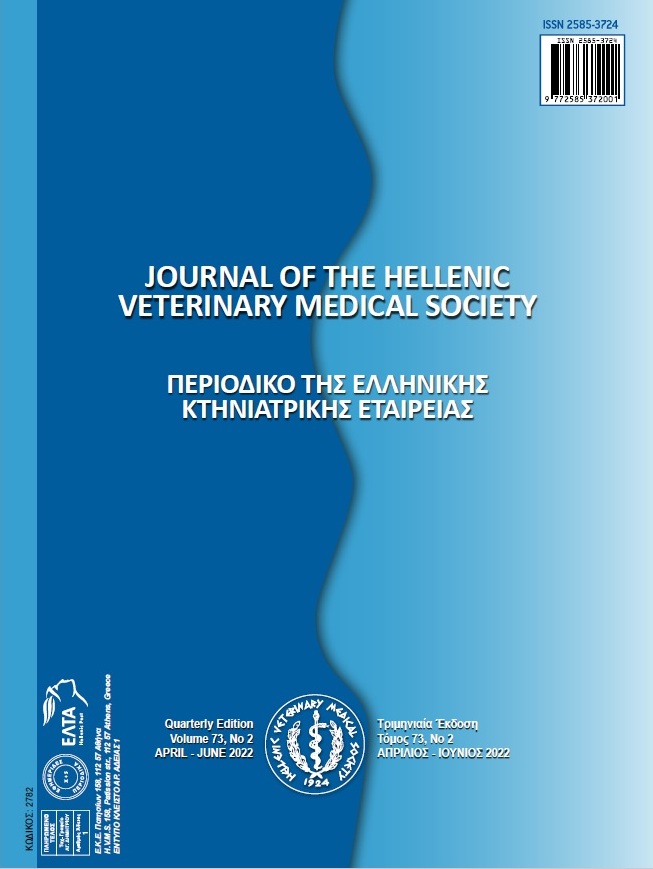Role of choline in ruminant nutrition: a detailed review
Abstract
Recent studies designate feed additives, such as rumen-protected choline (RPC), were seen decreasing the health disorders and upsurges the milk yield. Choline is an endogenous agent and the insufficiency of choline is very problematic. The deficiency has been documented in ruminants for a while. The scale of choline production is affected by administered dose, lactation stage, and basal diet composition. Endogenous synthesis through a pathway (PEMT) signifies a precarious source of choline. High occurrence of fatty liver disease happens in the dairy cows during lactation especially in the periparturient period and to lessen such incident high supply of choline is necessary. This supply is known to decrease the chances of hepatic fatty infiltration and upsurge the countenance of genes tangled in the transport of VLDL (very low-density lipoprotein). RPC typically provided as choline chloride is covered inside a shield of the fatty acid matrix. Therefore, to continue choline susceptibility on important mechanisms, like sparing of a methyl group (–CH3), supporting of animal metabolism, and remethylation of homocysteine via metabolite of betaine; choline must be provided in the rumen-protected form in the ration of dairy cows. Precisely concerning lactation, it is important to note that rumen-protected choline positively affects the performance of animals during the lactation period especially when supplementation started before calving and continues throughout the early lactation. But the difference of commercial products of rumen-protected choline in their rumen degradability and choline content is one of the big problems yet to be resolved.
Article Details
- Zitationsvorschlag
-
YAMAN FIRINCIOGLU, S. Y. F., & Irshad, N. (2022). Role of choline in ruminant nutrition: a detailed review. Journal of the Hellenic Veterinary Medical Society, 73(2), 3921–3928. https://doi.org/10.12681/jhvms.26914
- Ausgabe
- Bd. 73 Nr. 2 (2022)
- Rubrik
- Review Articles

Dieses Werk steht unter der Lizenz Creative Commons Namensnennung - Nicht-kommerziell 4.0 International.
Authors who publish with this journal agree to the following terms:
· Authors retain copyright and grant the journal right of first publication with the work simultaneously licensed under a Creative Commons Attribution Non-Commercial License that allows others to share the work with an acknowledgement of the work's authorship and initial publication in this journal.
· Authors are able to enter into separate, additional contractual arrangements for the non-exclusive distribution of the journal's published version of the work (e.g. post it to an institutional repository or publish it in a book), with an acknowledgement of its initial publication in this journal.
· Authors are permitted and encouraged to post their work online (preferably in institutional repositories or on their website) prior to and during the submission process, as it can lead to productive exchanges, as well as earlier and greater citation of published work.



